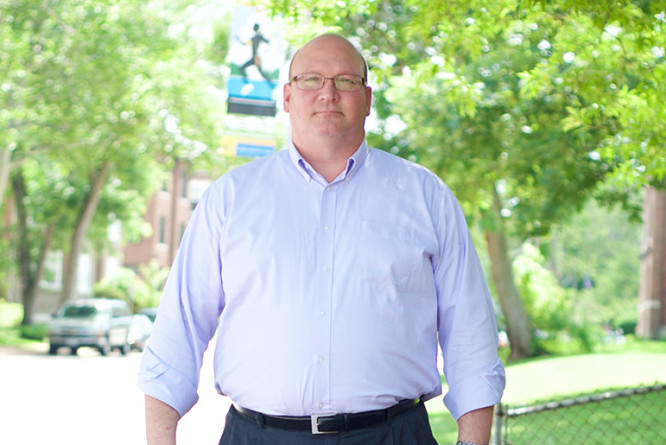Promoting Officer Wellness
The expert testimony, research, scholarship, and lived experience collected by the Commission revealed the following:
- A study of an urban police department suggests that a police officer’s work environment, which includes exposure to potentially traumatic experiences, coupled with a police environment that values stoicism and self-reliance, can prove detrimental to an officer’s mental health (Fox, 2012). This environment also can contribute to at-work productivity loss, high rates of post-traumatic stress disorder (PTSD), suicide and depression, and an impaired ability to effectively enforce the law and interact with community members (Fox, 2012).
- Among 150 officers, approximately 24 percent had PTSD, 9 percent had depression, and 19 percent abused alcohol (Fox, 2012).
- Nevertheless, of those studied, only 47 percent had ever accessed mental-health services (Fox, 2012).
- “The most commonly cited barriers to accessing services were concerns regarding confidentiality and the potential ‘negative career impact’” (Fox, 2012).
- “Officers with mental-health conditions had higher productivity loss than officers without a mental health condition (5.9% vs. 3.4%) at an annual cost of $4,489 per officer” (Fox, 2012).
- A study using data from the National Occupational Mortality Surveillance found that police died from suicide 2.4 times as often as from homicides (President’s Task Force on 21st Century Policing, 2015). Although depression resulting from traumatic experiences is often the cause, routine work and life stressors—hostile communities, long shifts, and inadequate family or departmental support—contribute as well (President’s Task Force on 21st Century Policing, 2015).
- Studies of mental health training requirements and services across the country reveal a wide-ranging patchwork of policies that often provide insufficient resources to officers (Pauly, 2013).
- Regulation of municipal police departments happens on the state-level, including hiring and training standards. There is no national standard governing how police recruit candidates, how candidates are psychologically evaluated, or whether or not such evaluations should be mandatory (Bernd, 2015).
These findings prompted the Commission to draft calls to action for enhanced efforts to promote officer wellness.
To that end, the Commission issues the calls to action below.
Suggested Reading List
Fox, J., Desai, M., Britten, K., Lucas, G., Luneau, R., & Rosenthal, M. (2012). Mental-health conditions, barriers to care, and productivity loss among officers in an urban police department. Conn Med, 76(9), 525-531. Retrieved from: https://www.ncbi.nlm.nih.gov/pmc/articles/PMC4089972/
Citations
- Bernd, C. (2015). Evaluating police psychology: Who passes the test? Truthout. Retrieved from: https://www.truth-out.org/news/item/29191-evaluating-police-psychology-who-passes-the-test
- President’s Task Force on 21st Century Policing. (2015). Final Report of the President’s Task Force on 21st Century Policing. United States Department of Justice. Retrieved from: https://www.cops.usdoj.gov/pdf/taskforce/TaskForce_FinalReport.pdf
- Fox, J., Desai, M., Britten, K., Lucas, G., Luneau, R., Rosenthal, M. (2012). Mental-health conditions, barriers to care, and productivity loss among officers in an urban police department. Conn Med, 76(9), 525-531. Retrieved from: https://www.ncbi.nlm.nih.gov/pmc/articles/PMC4089972/
- Pauly, M. (2013). How police officers are (or aren’t) trained in mental health. The Atlantic. Retrieved from:https://www.theatlantic.com/health/archive/2013/10/how-police-officers-are-or-aren-t-trained-in-mental-health/280485/

